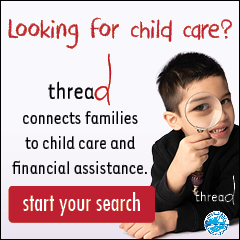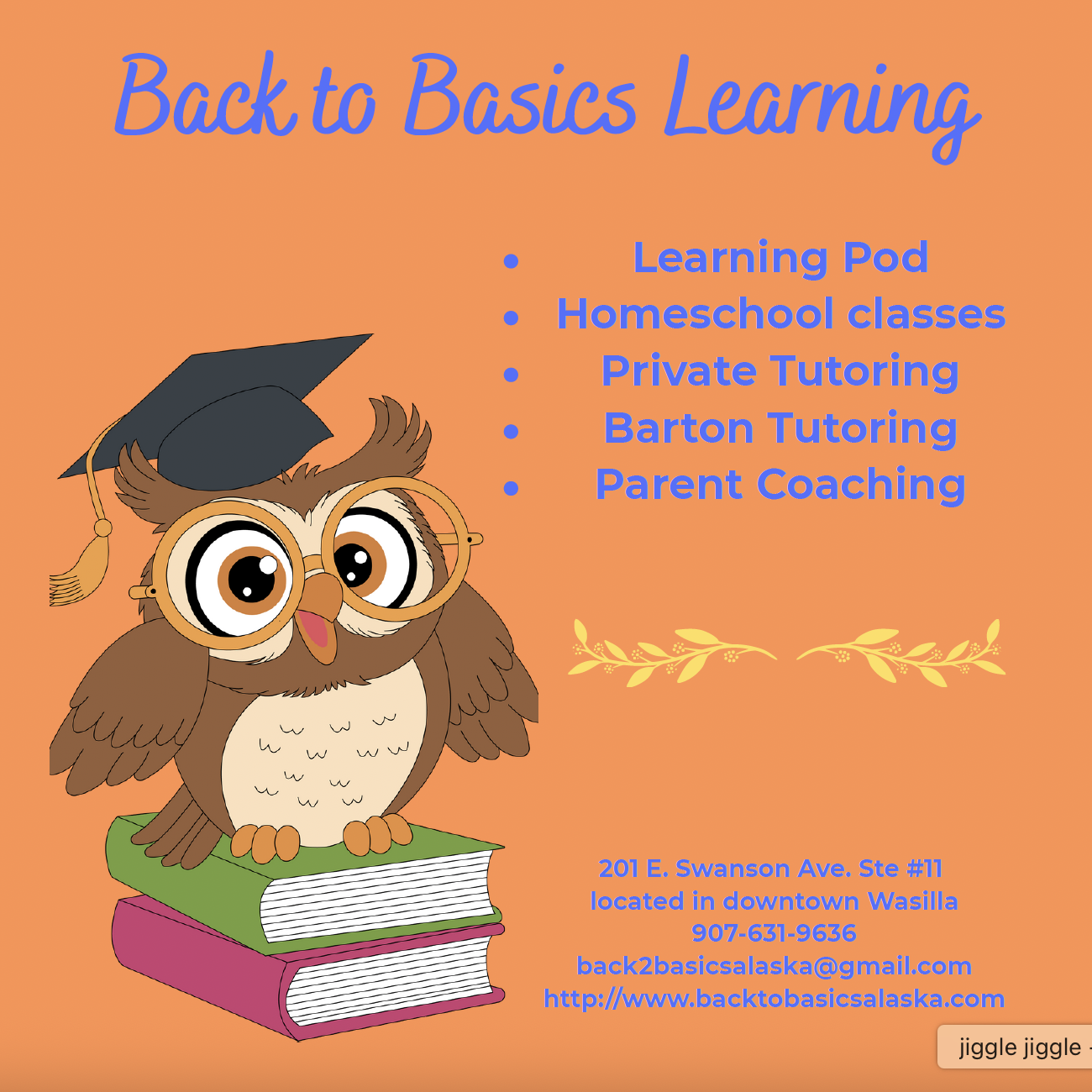
Manners Matter
Investing in etiquette reaps
long-term rewards
Story by Mara Severin
When my (mostly) polite and (usually) confident daughter began receiving her own phone calls, I was surprised at her first foray into telephone etiquette. Gone were her usual “pleases” and “thank yous.” Her “byes” were abrupt. She mumbled into the receiver. What’s more, she seemed to dread getting calls.
Well, I shouldn’t have been surprised. She didn’t have good phone manners because I’d never taught them to her.
In fact, it’s easy to leave holes in your child’s social education. After all, you see your child the way few others do. You know that he or she is funny, kind, helpful and loving. What more do they need? The answer is simple: manners. Manners are how children can express their kindness, empathy and helpfulness to the outside world. Without them, your child’s best qualities will be a well-kept secret.
It’s never too soon to start
Good manners should be taught even before your child really knows how to use them, says Angela Urciuoli, a preschool Sunday school teacher and mother of two. Her daughter’s first word was “welcome” (as in “you’re welcome”). “Use those words every day,” she says. “From the very, very beginning.”
“Kids learn social guidelines at an early age,” agrees Cindy Paauw, M.S.S.W., of the Fairbanks Community Behavioral Health Center. “They can learn appropriate skills even before they understand their meanings,” she says. “Later, when they understand the importance of (manners), they’re already habituated to them.”
In other words, give your kids the tools right away and over time they’ll learn how they work. Politeness, even when it’s by rote, still elicits a positive response from the important people in your child’s life, says Cindy. In turn, this builds up your child’s confidence and encourages them to keep it up. Good-manners are self-perpetuating.
Dining room do’s
One of the best ways to teach and demonstrate good manners is at the dinner table. And don’t worry; this isn’t about salad forks and finger bowls. Even if dinner is a frozen pizza, it is still an opportunity to learn.
Sit down at the table. Use a napkin and proper utensils. Say “please” and “thank you.” Engage in polite conversation. This as an excellent time to discuss the importance of polite behavior, says Cindy. Talk about things that happened during the day. Did someone misbehave at preschool? Was there an argument on the playground? Talk about how things could have gone better. Explore how manners could have helped.
Manners are their own reward
Be sure to be your child’s social cheerleader. When he’s on his best behavior, make sure to notice. “Teaching manners requires a lot of positive reinforcement,” says Cindy. “They want to know that you see them succeeding. They want to know that you’re pleased.”
And while manners should be expected around the house and some parents balk at “rewarding” common courtesy, it’s easy to show how good behavior is its own reward. Point out that when your child is well-behaved you’re more likely to take them to a restaurant or the park or the library. And, of course, bad behavior leads to an early exit.
The Golden Rule
By the time kids get to preschool, using “magic words” aren’t quite enough, says Jessica Witherell, a former preschool teacher and mother of two. “At this stage, it’s about sharing, listening and taking turns,” she says. “Kindness is the thing that other kids will respond to.” This is the time to talk about empathy, she says. “I know it’s a cliché, but there’s nothing like teaching the Golden Rule.”
With preschool comes peer pressure. “It can come as a shock,” says Jessica. “Most kids at this stage are pretty self-centered.” It’s hard for them to learn that “if you don’t behave nicely, other kids won’t like you.”
Take two! (or three, or four)
Learning anything new takes time so don’t feel badly if you have setbacks. Treat them as an opportunity to learn.
Rachel Faralan-Mingo, a former social worker and mother of five, says she insists on do-overs. “When my children forget their manners, I don’t just tell them what they should have done,” she says. “I say, ‘try again.’ I make them physically do it over.” Kids don’t always listen, she says, but they do learn from practicing.
So be patient, says Sheri Cole, mother of three. “Raising polite children means hearing yourself say please and thank you thousands of times, even occasionally to unrelated children.” It’s hard, she says, “but one day they no longer need to be reminded, and that’s when you know you’ve succeeded!”
Open doors
Every parent wants to see their child succeed and good manners are an essential part of every child’s toolkit. After all, children with manners have more opportunities. Other parents will welcome them over for play-dates. Teachers will be glad to see them in their classrooms. Other kids will invite them into their schoolyard games.
“Having good social skills is so impactful,” says Cindy. “Children’s lives are virtually dependent on being social and establishing friendships. We’re social and emotional beings. We can’t survive alone.”
That’s good news for my daughter. And now, after some basic phone etiquette review, some role-play and a few practice calls, I can’t get her off the phone.










